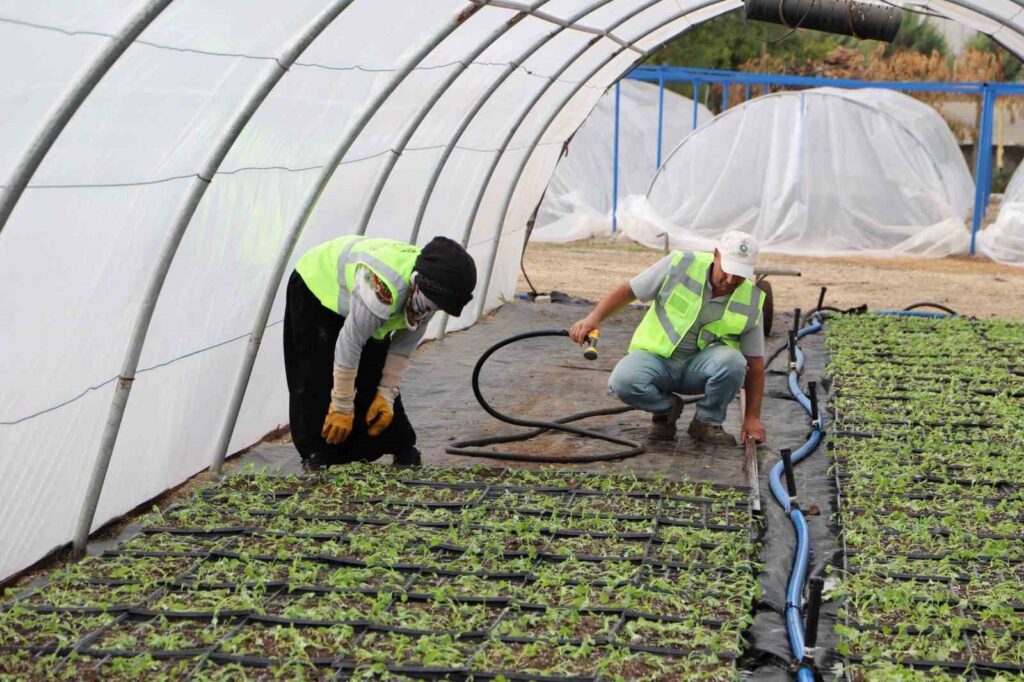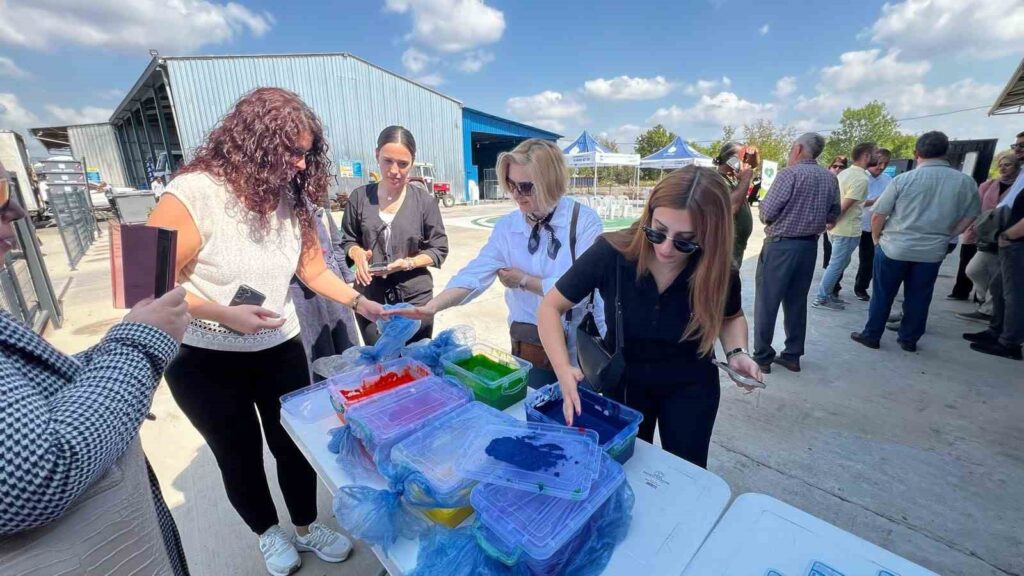Project to turn non-biodegradable packaging waste in nature into economic value
A project has been initiated by Hitit University to ensure the recycling of non-biodegradable plastic and aluminum packaging waste produced in the pharmaceutical and food industries in nature, and to contribute them to the economy. Research conducted by Hitit University…

A project has been initiated by Hitit University to ensure the recycling of non-biodegradable plastic and aluminum packaging waste produced in the pharmaceutical and food industry, bringing them back into the economy.
Within the scope of the research and development project conducted by Hitit University, a machine is being developed with completely domestic and national capabilities to recycle packaging waste through a university-industry collaboration model. Through the project carried out in collaboration between Hitit University and IZA Machinery, the plastic and aluminum in blister packs used as packaging products in the pharmaceutical and food industry will be separated. The aim is to recycle approximately between 100,000 to 200,000 tons of waste products annually, bringing them back to the industry and economy.
Speaking about the project, Prof. Dr. Mehmet Fatih Işık, Faculty Member of the Department of Electrical and Electronics Engineering at Hitit University, stated that they aim to develop a new product within the green industry and university-industry collaboration model, and to commercialize it not only for Turkey but also on an international level.
Prof. Dr. Işık, emphasizing that Hitit University is the only university specializing in ‘Machinery and Manufacturing Technologies,’ stated that they have implemented another project to support the industry in Çorum, highlighting that the product will significantly contribute to the recycling industry.
It was mentioned that about 200,000 tons of unrecoverable products are planned to be reintroduced into the industry and economy.
Prof. Dr. Işık announced that they will establish a strong automation system in the machine they will develop, stating, ‘Thus, by making the unrecoverable product obtained at the output of about 100,000 to 200,000 tons annually recoverable with this machine, we will bring it back to the industry and economy. Especially within the scope of the zero waste project in our country, being national and domestic, we believe it will be a really good output. Particularly in the recycling process of such products, serious R&D work is required both in terms of machinery and automation. Plastic manufacturers do not accept the product because it contains aluminum. Aluminum manufacturers do not accept the product because it contains plastic. The aim is to distinguish these and obtain a raw material that both plastic manufacturers and the aluminum sector can use. The process we will carry out here actually involves combining a physical process with an automation process. When we distinguish these types of products, ultimately the plastic sector will benefit, and the aluminum sector will also benefit.’
‘These types of products harm the environment and must be separated’
Işık stated that these types of products do not dissolve in nature and stay in a similar form for many years, causing harm to the environment, emphasizing the necessity of distinguishing them for recycling.
Highlighting the importance of zero waste and green transformation, Işık continued, ‘We need to distinguish this plastic and aluminum to obtain both plastic raw material and aluminum raw material. As a result, the harm to the environment will be completely eliminated, and an economic indicator will also emerge. Of course, there will be many aspects to this. The concept of zero waste is very important. The concept of green transformation is very important. Of course, in such cases, not only for our country but also on a global scale, our contribution as Hitit University in the disposal of these wastes will be a very important result, I believe.’
‘The aim is to accelerate green transformation and reduce carbon emissions worldwide’
İzzettin Akıllı, Chairman of IZA Machinery, stated, ‘We want to engage with concrete projects in the field of university-industry cooperation and touch upon green projects worldwide.’
Akıllı expressed that they have implemented the project for the recycling of Blister Pet in this context, starting a serious R&D process and aiming to accelerate green transformation and reduce carbon emissions worldwide.
Stating that they come together with Hitit University in a common working culture both in terms of technical infrastructure and academically to produce the technology of future recycling, Akıllı noted, ‘This is very valuable for us. Because the recycling sector is a sector hungry for technology, and we are aware of this, our university is also aware of this. We are trying to produce concrete solutions by coming together in a common culture academically and industrially and progressing together in R&D projects and then in mass production and commercialization. Zero waste is our goal. We are trying to recycle any materials that are harmful to human health, the atmosphere, and the environment worldwide, and turn them into a more efficient new product with added value. We are aware of this as IZA Machinery. Hitit University is also aware of this. That’s why we are moving forward together in common working areas to solve such global problems.’







